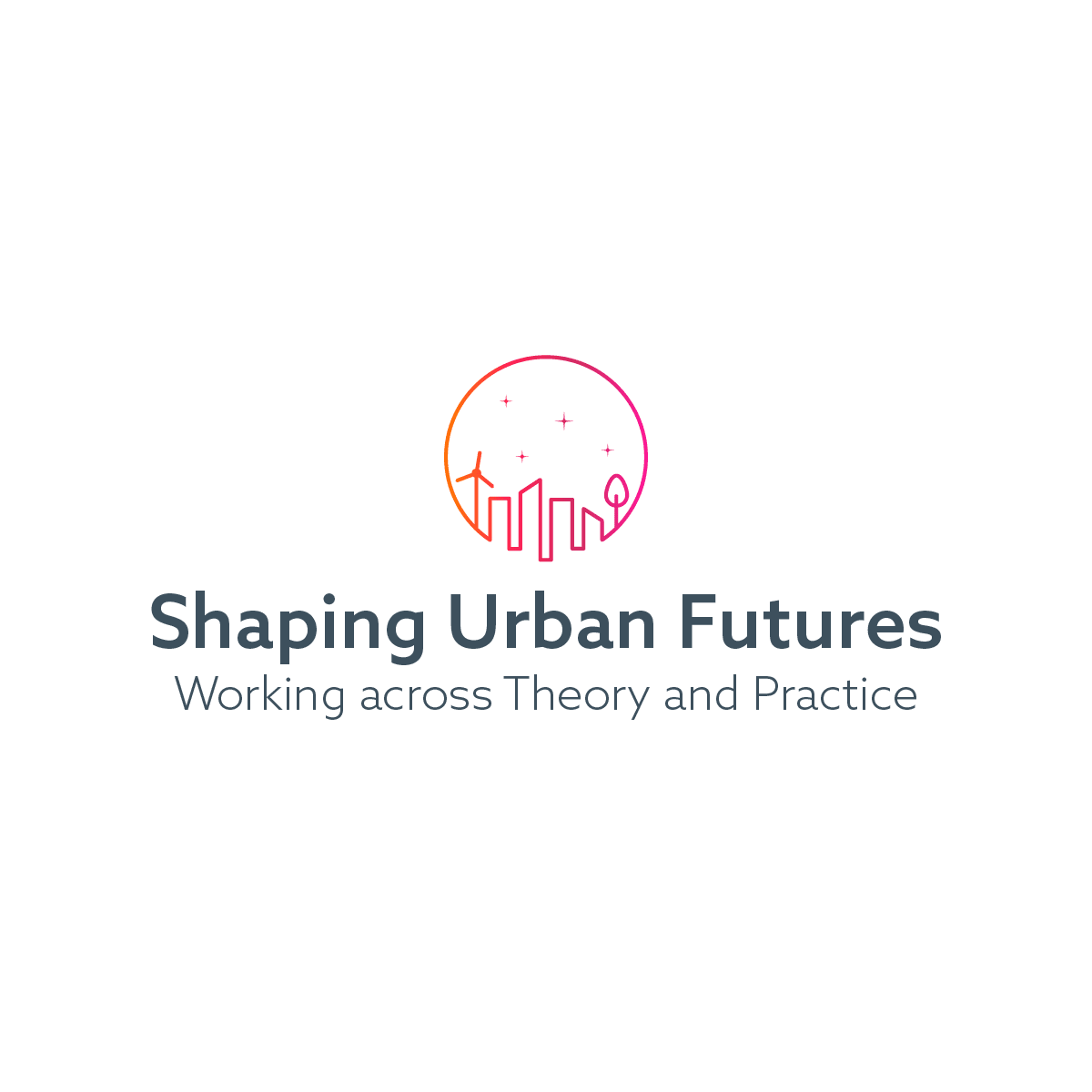Shaping Urban Futures
Overview
If we are to make sense of the future of humanity, we must understand the future of the city. For some scholars the 21st century globe will see the most significant change of human history - the move of most of the world to live in cities - a planetary urbanism that has changed the way we live globally, the way we organise ourselves economically and the impact humanity has on our environment in an age that we consequently now describe as the Anthropocene. Most of the urban growth on the planet will be in the global South and this is where we concentrate the attention of this course, drawing on the work of a five-year programme known as PEAK Urban, involving a collaboration of researchers from China, Colombia, India, South Africa and the United Kingdom. The PEAK Urban programme aims to aid decision-making on urban futures by: • Generating new research grounded in the logic of urban complexity; • Fostering the next generation of leaders that draw on different perspectives and backgrounds to address the greatest urban challenges of the 21st century; • Growing the capacity of cities to understand and plan their own future. Shaping Urban Futures aims to demonstrate how complementary research projects have applied the PEAK Urban framework – Prediction, Emergence, Adoption and Knowledge – to uncover interrelated issues of health, climate change, migration and informality in places that will face the biggest challenges from rapid unplanned urbanisation. This course consists of 6 modules, with an Introduction and a Closing module sandwiching 4 core modules. Each module involves around 5-6 hours of learning. To get the best out of the course, learners are encouraged to view all the video lectures and conversations, go through other learning material, work on all the assignments and assessments, and participate in discussions in a constructive and respectful manner. By the end of this course, you will be able to: • Recognise the new urban sciences that are driving our understanding of urbanisation across the world • Examine carefully how we should understand how to trace, examine and explore the ways new social, economic and environmental changes emerge and reshape the working of the city • Visualise how technological change is adopted, adapted and deployed differently in variable city contexts • Understand how best to intervene in urban futures through sharing urban experiences and contributing to the coproduction of knowledge to enrich and strengthen knowledge exchange in cities This course is designed principally for people working in cities who want to make a difference and for all urban scholars, from early career researchers to veteran urbanists and everyone in between. This course will also hopefully inspire workers in local government, community organisations and the private sector as well as urban scholars to build upon the experiences of a global network to develop their own methods and frames to view, interpret and define urban changes in their local geographies and contexts.

